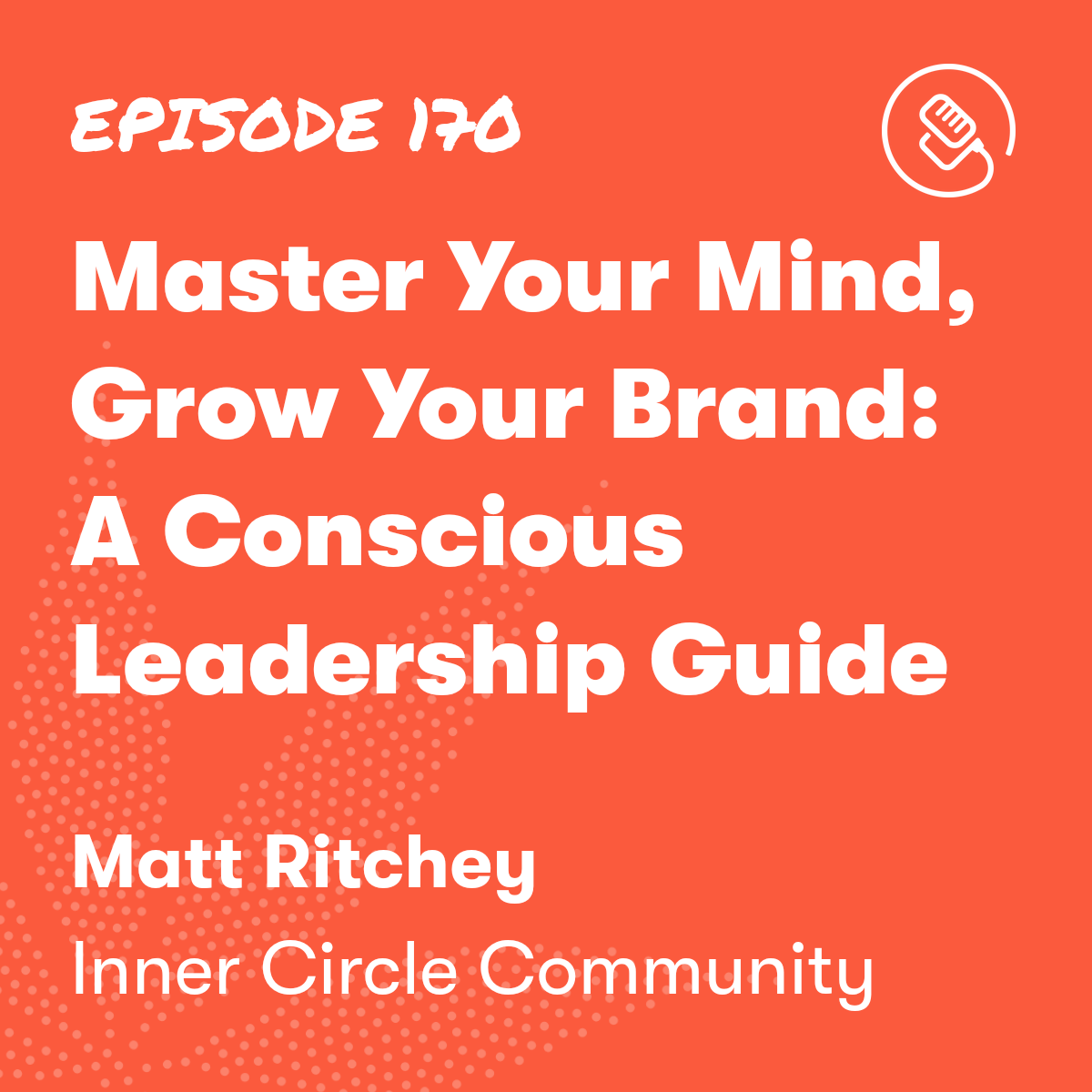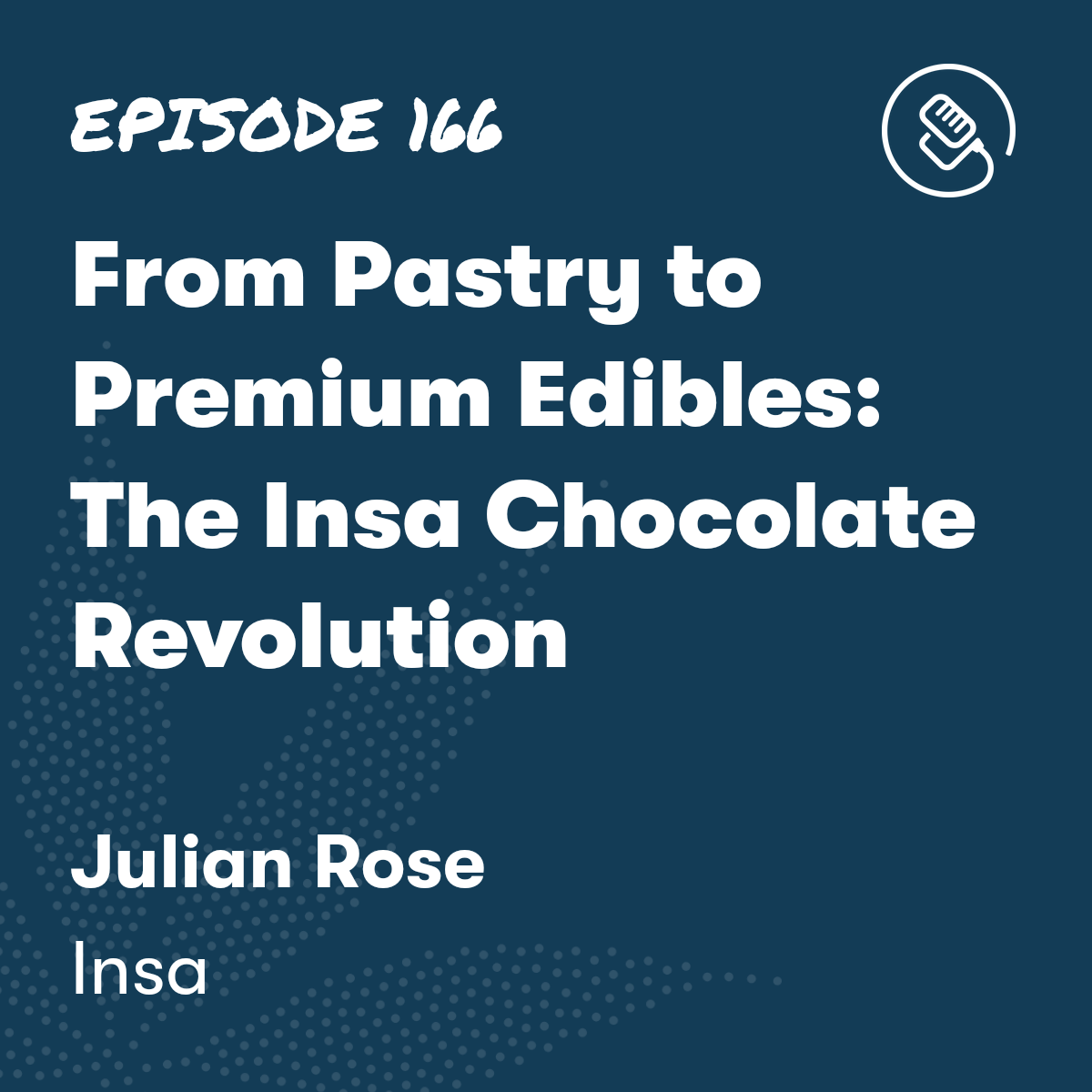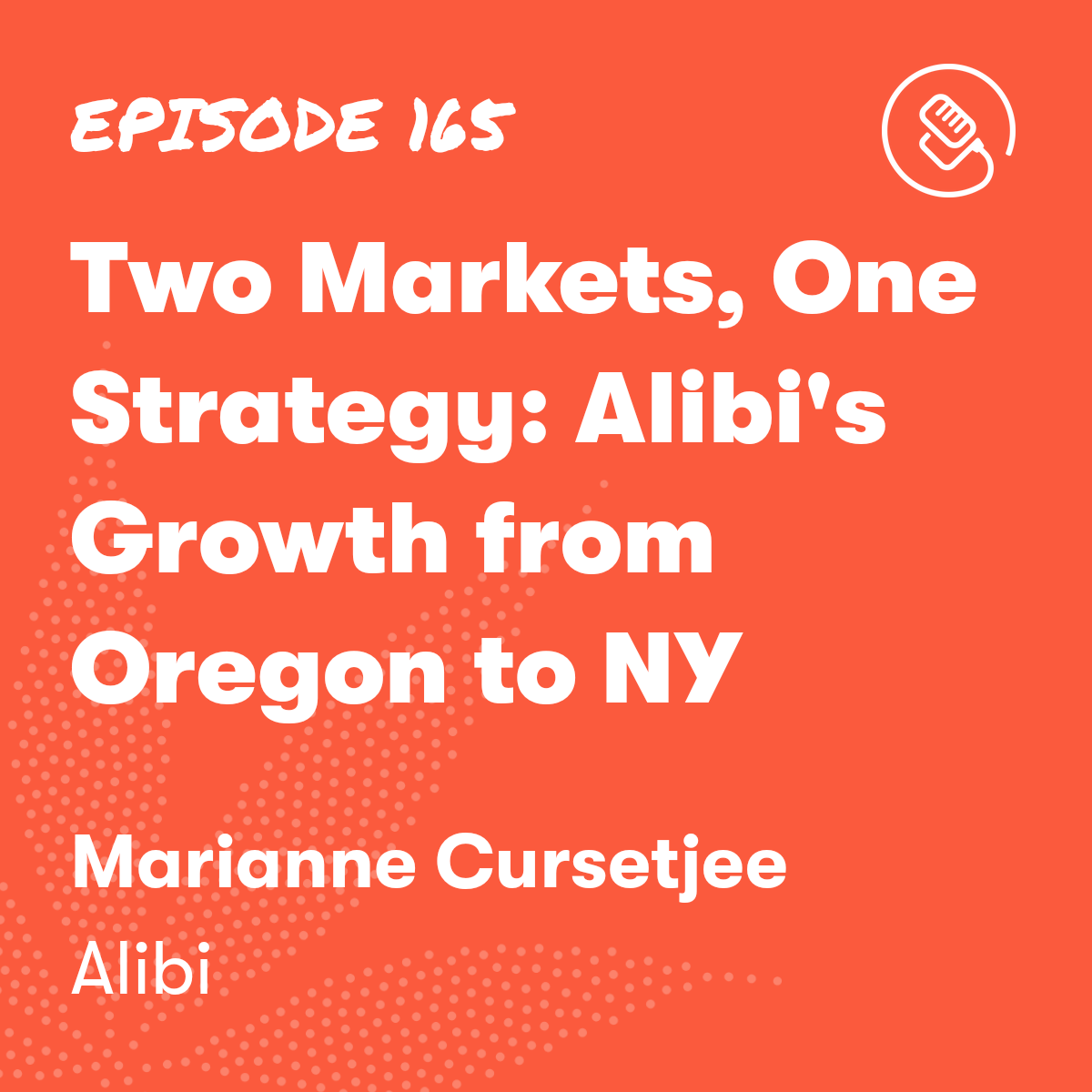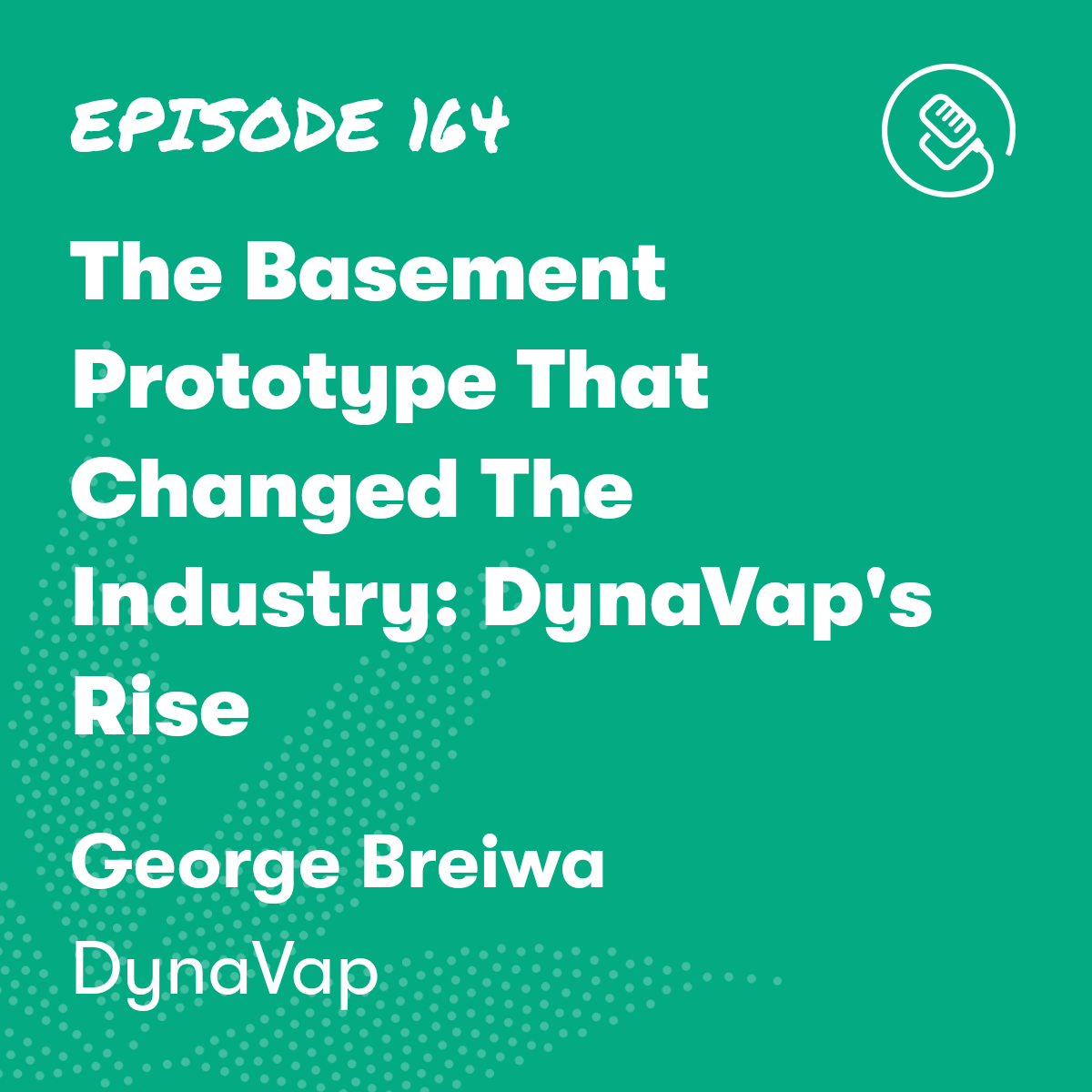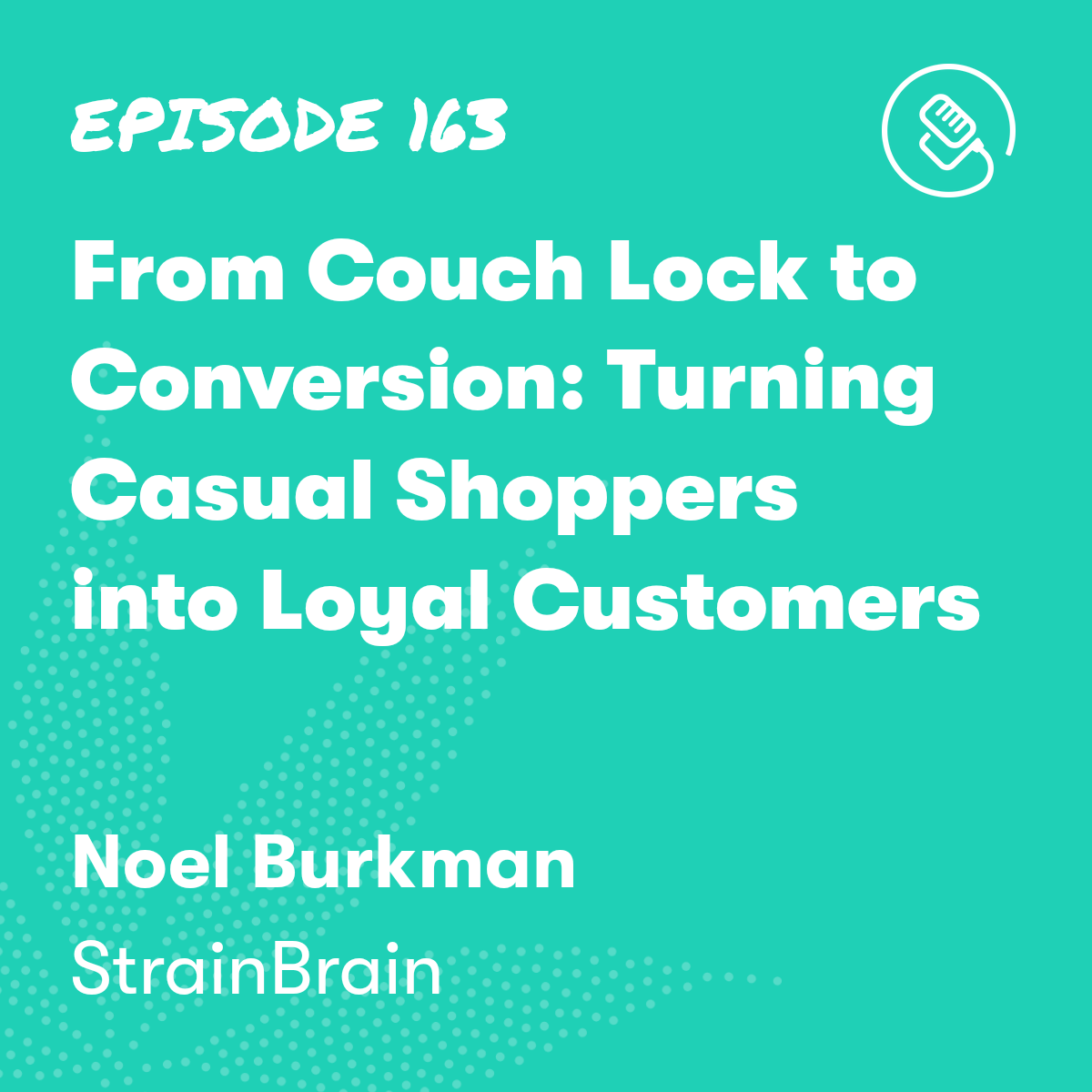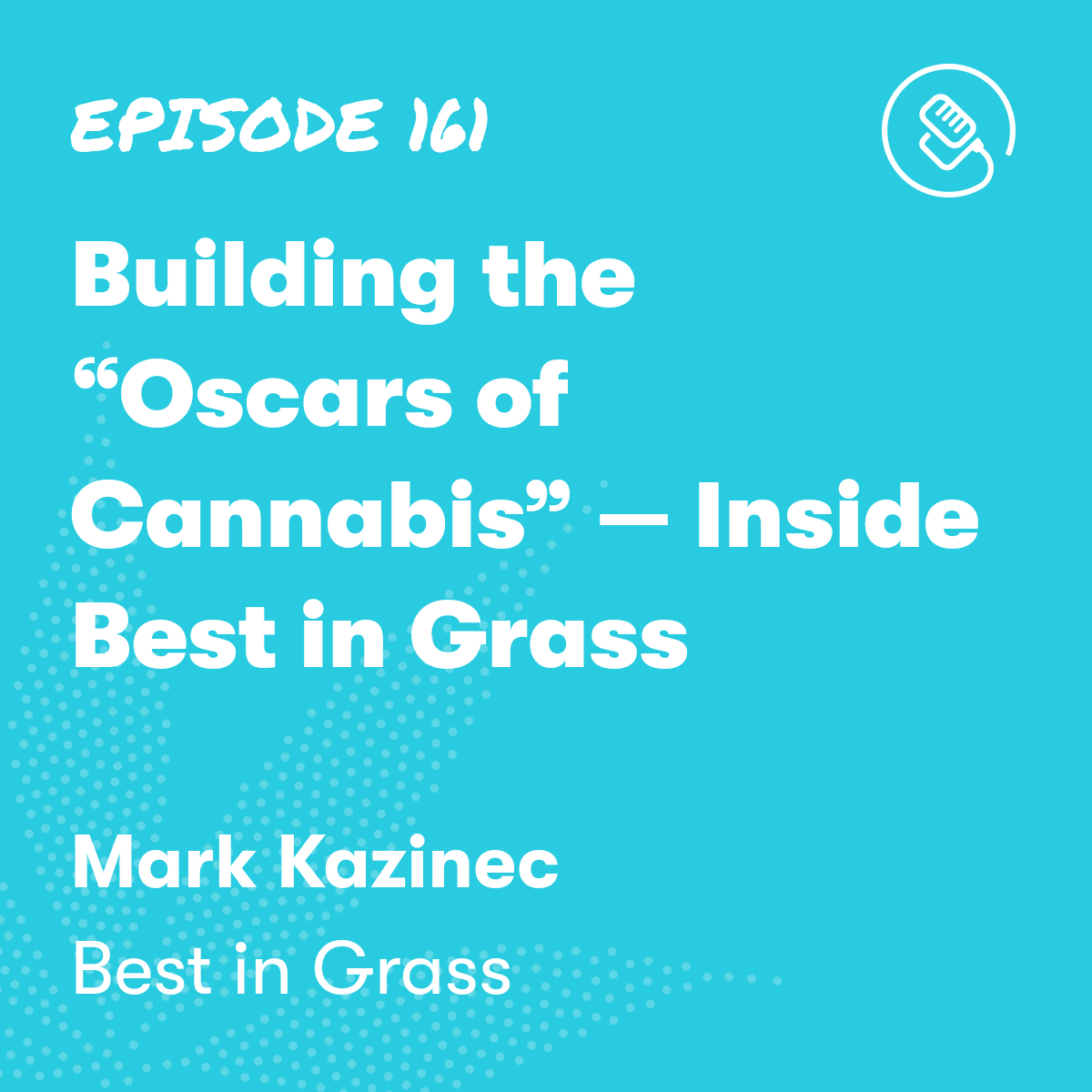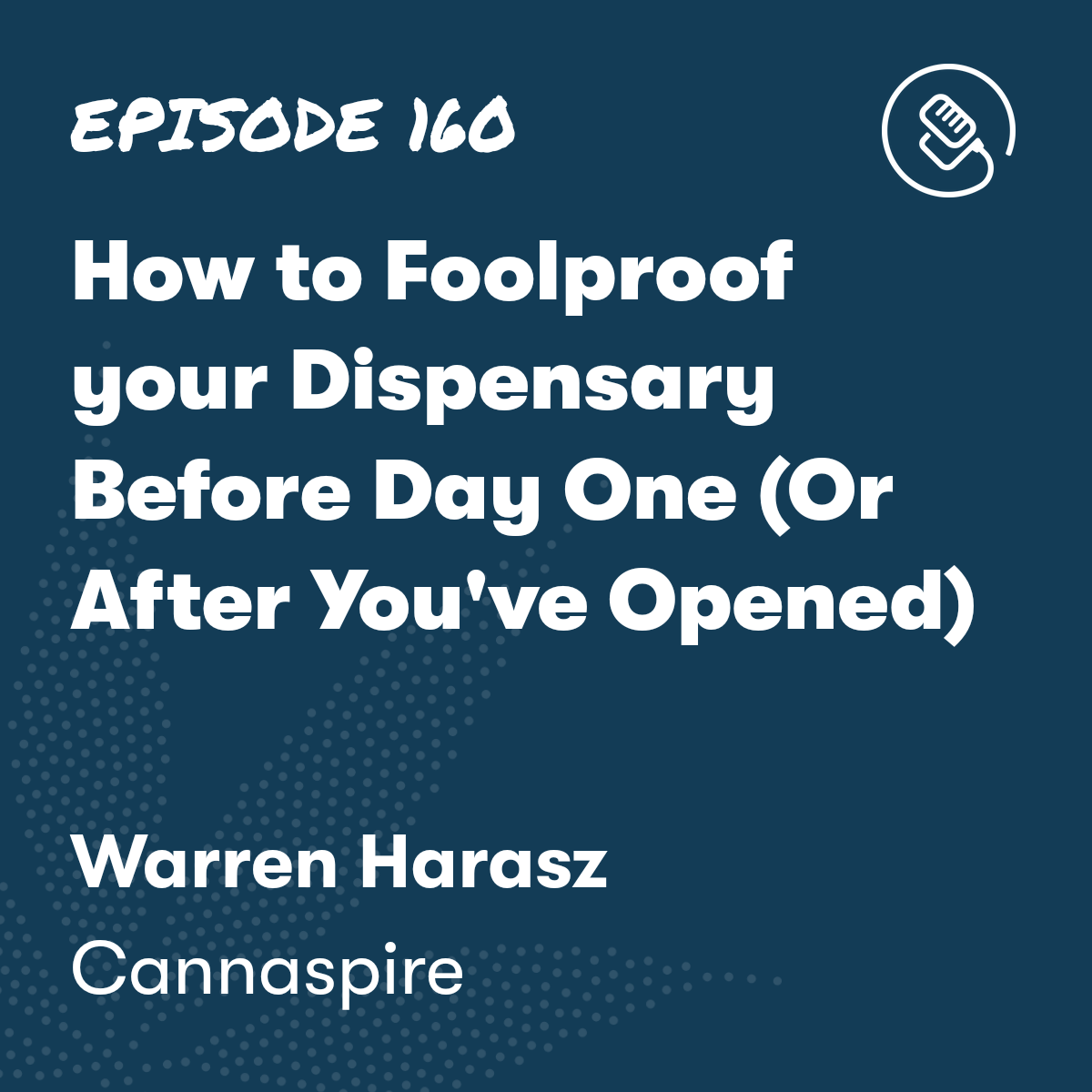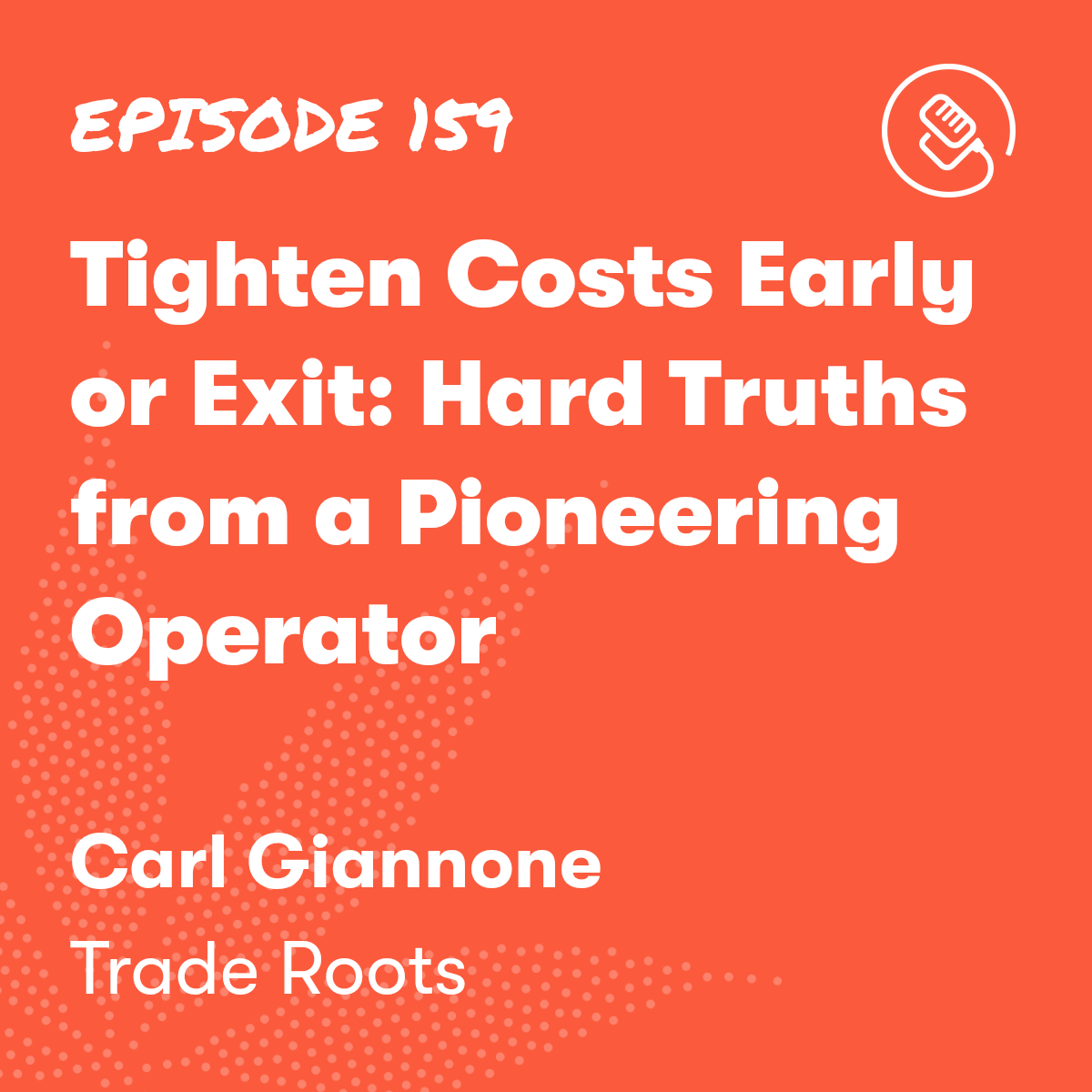

A Step-by-Step Guide to the Dispensary Application Process
Episode Description

Episode Transcript
Tom Mulhern: Welcome back to the Kaya Cast podcast. I'm your host, Tom Mulhern, and today I have another interview with Meilad Rafiei, who is the CEO of WeCann. A few weeks back, I interviewed Meilad. And in our conversation he went through you know, his history in cannabis.
He went through what it takes to open a dispensary and talked about the future of the industry. He talked about location, you know, there was so much content and. Great insights that Meilad shared that we wanted to release a bonus episode where Meilad walks us through a step-by-step guide to the application process for opening a dispensary.
Now, this is a pretty comprehensive guide, but it's perfect for anyone who's currently in the process of an application. Or maybe you're just thinking about one day opening another dispensary or opening your first dispensary. Well, Meilad, an expert in the industry, walks us through What pitfalls to avoid and ways to make sure that your application succeeds.
So let's jump right into this special bonus episode of the Kaya Cast Podcast with Meilad Rafiei.
Tom Mulhern: So walk me through some of those basic steps of applying for a cannabis license, like we've. We've done the work, we've worked with you guys, you know, we've found the right location and what are those, those next steps once you have that location?
For applying for a cannabis license?
Meilad Rafiei: At that point, you know, you really, a huge important piece of it is getting entrenched into the community that you're gonna be, that you want to have a business in. So really understanding that community and understanding its needs. Ideally you have someone on your team who's from the community, which really helps you get insight.
But if not, we have tried and true processes that we've used in the past to really understand communities that we weren't a part of before our clients weren't a part of. And it just takes a lot of work and time to dig through everything and speak to everybody and make sure.
Find all the, the, the facilities in terms of nonprofits that service the city and speaking to them. So that's a big part of it. And that's generally on every application process as a community benefits plan or some sort of community integration plan. Outside of that, you know, another very important piece of it is having the proper funding in place.
Because they, the cities are gonna wanna see that you're capable to get through the buildout process, get operational, and even have some reserves in terms of expenses to manage expenses in case income's not going the direction you want it to go. But that's a part of it.
And then a huge chunk of it as well is your business plan, they require you to put together a business plan. Now, it's not your typical business plan, it's a mix of the typical business plan and what they wanna see. That's important too, is understanding the application material and having someone on the team that has that experience to do that.
So we'll put these in-depth business plans together for our clients. We'll write the community benefit plans. We will guide the third party consultants besides us that need to be in it. And they're not really third party consultants. They're more vendors in terms of a fire and safety consultant and security consultant that writes the security and safety reports and the architect or engineer to drop up your floor plans and renderings.
But we have several vendors throughout the country that we work with in different markets. So we can recommend those over to our clients. And then we quality control all the third party work and we project manage them in terms of getting everything in on time. And we put the final package materials together will be the point of contact between our client and the local municipality and the state municipality.
Ideally and all the way until they're, you know, fully approved because we get that initial approval after our initial submission. And so, yeah, that's, you know, it's still kind of narrowed down cuz there's a lot more to it, but that's really the, the nuts and bolts of it.
Tom Mulhern: And how long after, you know, an applicant applies? Do they usually hear back, like, is it right away or are they sitting there on pins and needles for a long time, or what's that timeline usually look like?
Meilad Rafiei: Yeah, the timeline is a tough one. Generally it is at least three to four months until you have really any proper feedback besides, Hey, you're not fully disqualified because you forgot to submit a section, for instance, they'll, they'll get back to the applicants pretty quickly. By just rifling through and seeing, hey, who submitted a full application, especially on the ones that have a tight deadline for you to submit because you can't fix any errors after the deadline.
Versus a city that does not have a deadline. And it's, it's more of a back and forth at that point in terms of making corrections. In the best case scenario, you're normally looking at a three month timeline before the city processes your application to the point where they're either giving you some, some level of approval or making corrections and, and you're starting the back and forth to hopefully get to that approval.
Tom Mulhern: So you guys have submitted over 150 licenses and you've probably seen all sorts of reasons that licenses have been approved or you know, denied. So what are some of the biggest mistakes that licensees make when they're applying for a cannabis license?
Meilad Rafiei: A big mistake is groups that just really rely on their relationships within the city. That's a big mistake because those don't really work from my experience at all. We don't rely on anything like that. It's based really just, hey, making sure you understand. The merit-based scoring process, if that's what it is, or the application requirements and hitting those and giving the city or the county what they want to see in terms of what those application requirements want.
Don't say, Hey, we can do a lackluster effort on this, or maybe not, you know, go above and beyond because, you know, we know so and so, and I've heard a lot of horror stories where they say, yeah, we thought we knew, we thought this, we thought that. And then after we'd spent, you know, a hundred grand that was denied or something along those lines.
You know, even if you don't have relationships that you're relying on it's not putting enough emphasis into your community benefit plan, I think is, is huge. And if you don't have a roster of individuals on your entity and your partnership that's moving forward, that has a history of successfully being a part of community and entrenching themselves and, and giving back to nonprofits then you, may not want to go into a super competitive environment where you know that most of the applicants that are gonna be submitting are going to be able to provide not only a commitment moving forward, but a history of, of what they've done.
You know, And if you don't have that history and you still wanna go and, and put an application, make a good commitment, and in terms of what you're gonna do to the community, and make sure you really understand what that community needs.
So that's, that's huge. I would say fault points that, that people make mistakes on. They underestimate the, the value of the community benefits plan that they put together and just really understanding what the application requirements are, because also you can just get fully disqualified because you missed one piece of the application or you misread what they said, or you just didn't read between the lines and go look at the FAQs to further understand what's happening.
Tom Mulhern: once the application has been approved, your license been granted. What are kind of those next steps for a cannabis operator? Obviously it's opening the store and stuff, but do you guys work with people on those next steps after that?
Meilad Rafiei: We are in contact with them until they're fully operational on, on many different levels. And it gets less and less in terms of the work we need to do after they get that initial approval. But there's still a good amount of work to do after we get the initial approval from your local government in California in particular, cuz that's how the process works.
But in other states, you may get to state approval first, whichever one you're applying for. You then start the other process, right? So like if you get your approval from your local government first you start looking into the state process to get the wheels in motion for that so that ideally you're getting both of your final approvals from both municipalities at the same time or around the same time, so you're not waiting on one or the other.
And you start beginning, start to work on your construction plans. So ideally the engineers and architects you had build out your renderings and your floor plans are the same ones that are gonna build out your construction plans and they can get to work quickly. Cuz that could take a while, you know, again, if you have an indecisive point of contact in terms of what they want to do design wise. And you just have a slow architectural team. It could take months to get that, those plans together, but ideally you can get that knocked out in like 60 days and get it submitted cuz then you gotta hope the city approves your construction plans quickly, which generally doesn't happen.
It generally takes about three, four months to get plans approved. Even good plans. And then you can start construction.
There's a lot of that needs to be done there from our standpoint, you know, there's not too much additional paperwork we're doing at that point, but we are project managing the engineers to make sure they get these plans submitted.
Staying on in the communication chain. So if corrections come back, we are jumping on whoever we need to, to get those corrections, work on 'em, get 'em resubmitted so you can get to the point where you're building out your facility.
From when you start building your facility out as you get closer and closer to completing the build out. You have to finalize some paperwork to get all the final licensing approvals and, and we take care of all that. And if there's corrections that have come back from either of the municipalities in terms of the paperwork we've submitted, we continue to work on those items to get everything finalized.
And then yes, you know, on a really nice, beautiful day, they get their licenses and the doors open and all the . Customers walk in.
Tom Mulhern: That must be so rewarding when you get to that point where they're opening the doors, you've walked with them from starting with a dream to, you know, they have customers lined up and they're, uh, they've got balloons and everything. That's, that must be such like a rewarding process to walk with people through.
Meilad Rafiei: It is. I mean that's, you know, we got to really experience it after like year two and three cause it does take a little while to get these facilities operational. You kind of feel like a proud parent, you know, when you walk into the facility and sometimes I don't get to go and see it for months after they've opened just cuz we've been busy.
And so It's great to really come walk in as a customer and get that experience and you're really pumped and, and it's just a really good feeling to see that come to fruition. And especially having gone through it myself from being from myself, coming from outside the industry, I remember all the highs and the lows, and that's definitely one of the best feelings is that day.
And especially that day when you, you have a lot of people lined up to come into a store too, or you're, you're non-retail, you know, you're harvesting your first round of flower and , it's a great thing to see. And as I come and go see those cultivation facilities or manufacturing facilities and seeing them add new equipment, seeing them build out new rooms it's really great to see that as well too.
